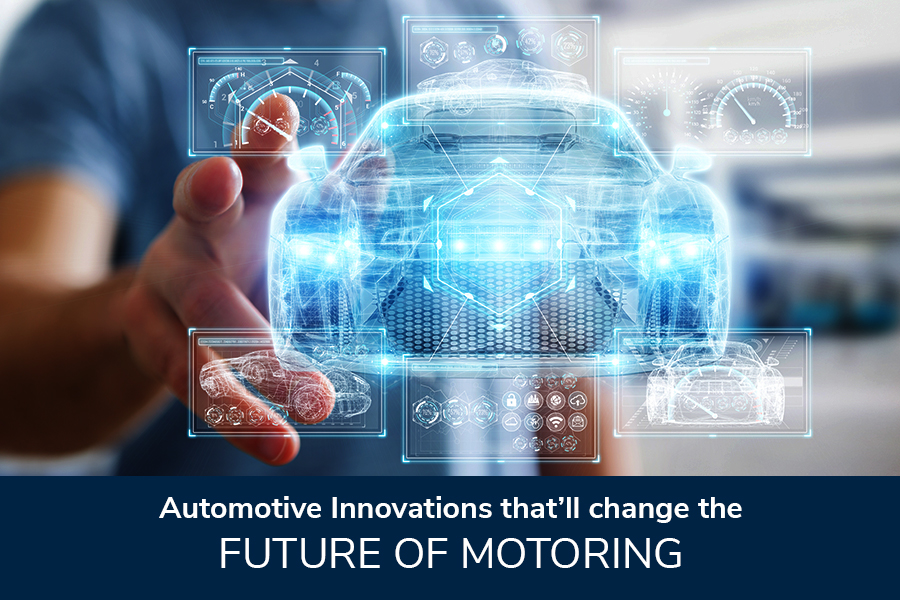How India aims to strengthen the charging infrastructure for EVs
With rapid headways in electric car technology, electric
vehicles (EVs) are getting cheaper, efficient and high on range performance.
Though EVs make for an insignificant percentage of the total global car sales
presently, the figures are rising fast as more buyers brave cost disadvantages
in favour of sustainability and long-term savings. Auto incumbents are jumping
into the EV bandwagon with hybrid and all-electric models offering
sophisticated features and more miles per charge. But, what about the charging
infrastructure to support the growing power requirements? Thankfully, the
Government of India has lately come up with a clear policy to establish a
supportive charging infrastructure for EVs. Here’s what all you need to
know.
On December 14, 2018, the Ministry Of Power (MoP) released an
official document, outlining a road map towards the adoption of electric
technology at scale. The focus is on establishing a network of over 5000 EV
mobility charging stations initially in cities with 4 million or more
residents. The selected cities include Ahmadabad, Bangalore, Hyderabad and
Surat, besides four major cosmopolitans - Delhi, Mumbai, Kolkata and Chennai.
The MoP has plans for rapid roll out with elimination of licenses for operating
charging stations. A host of additional perks for EV owners are also in the
pipeline, notably the allotment of special green number plates.
Each listed city will feature an EV charging station in 3
kilometres of a grid, especially in high traffic areas. To support intra-city
travel, the highways will have a charging station at a distance of every 25
kilometres. Corridors connecting megacities have been recognized to set up EV
charging stations for private and passenger cars, as well as heavy-duty
commercial vehicles. Provisions for private charging stations are also there,
allowing EV owners to set up a station at home, workplace or elsewhere. The EV
charging stations are granted freedom to access electricity from any power
company via an open access system. Upon applying for the connection, the power
company will prioritize applicant EV station for an electric connection.
The existing fuel stations will be prioritized and incentivized
for setting up EV stations to power the future electric cars. The
company-owned filling stations will be put at a higher priority vis-à-vis the
privately-owned ones. The filling stations are mandated to put together an
elaborate infrastructure to operate an EV station. For safety reasons, setting
up a 'firewall' is essential to separate the conventional charging area from
the EV ones. While anyone can apply for within-city EV stations, the highway EV
stations are reserved for central public sector enterprises.
The circular also carries provision for subsidies to facilitate a
rapid roll-out of EV charging stations. In fact, for setting up highway EV
stations, the circular provides up to 100% subsidy on expenses incurred on
transformer and charger.



Comments
Post a Comment